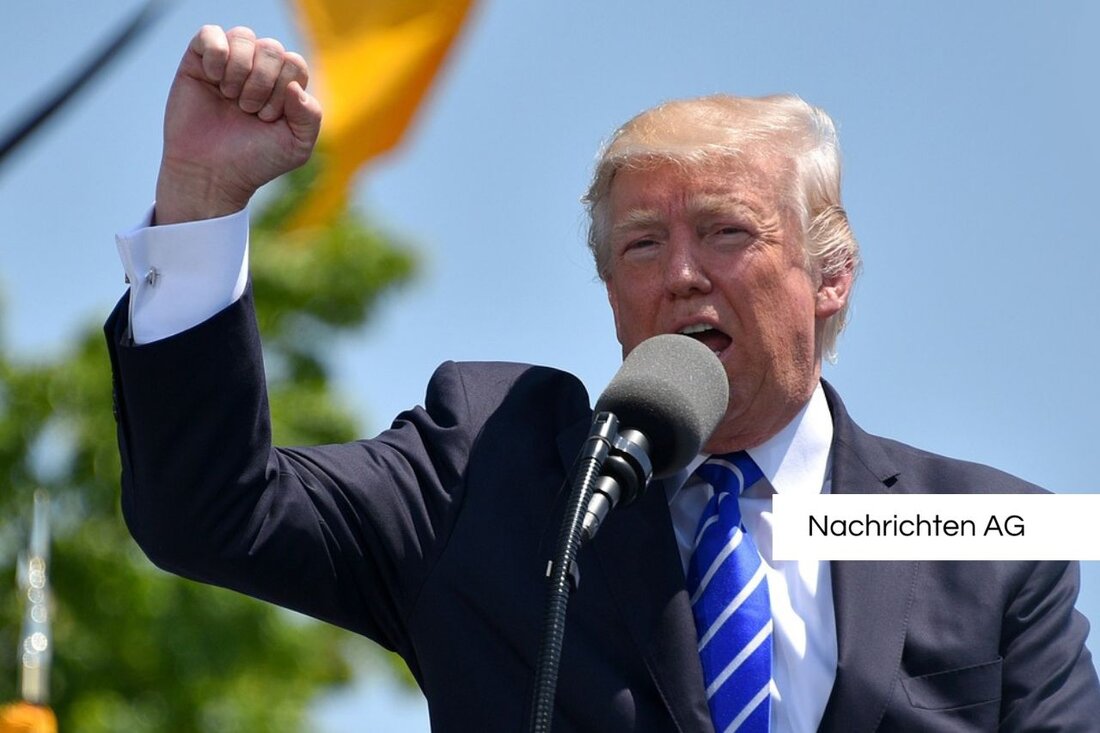US tariff policy depresses oil prices: increase in inventories alarms investors!
Oil prices fall due to new US tariffs and global demand concerns. Current developments and analyzes on the market.

US tariff policy depresses oil prices: increase in inventories alarms investors!
Oil prices fell significantly on Wednesday, March 5, 2025. The price of a barrel of Brent, the North Sea variety, for delivery in May was $68.72, down $2.33. The price of a barrel of WTI, the US variety, for delivery in April also fell to $65.64, a decrease of $2.64. The US government's new tariff policy is the central issue in the oil market.
The US tariffs that have come into force on goods from Mexico, Canada and China are causing concerns about a burden on the global economy and thus a decline in oil consumption, which has a negative impact on oil prices. Brent oil has fallen by almost five dollars a barrel since the beginning of the week. In addition, crude oil inventories in the USA rose by 3.6 million barrels to a total of 433.8 million barrels last week. Analysts had only expected an increase of 0.8 million barrels, adding to concerns about oversupply in the market finance.net reported.
Impact of US tariff policy
The weak start to the week in oil prices is also viewed critically by investors. Concerns about the global economy and the decline in demand for crude oil are noticeable. The price of a barrel of Brent for delivery in April fell to $70.57, down $1.05 from the previous day. The price of a barrel of WTI fell to $67.53, 84 cents less than the previous day. Brent oil has fallen in price by more than two dollars per barrel since the beginning of the week.
Fears about the demand situation are heightened by new tariffs on goods from Mexico and Canada announced by US President Donald Trump. Trump also doubled import tariffs on goods from China by decree. Analyst Michael Pfister from Commerzbank warned of the possible uncertain consequences of a trade war for the global economy, which could also have negative effects on the USA. At the same time, the market is speculating on higher supply as Bloomberg reports that OPEC+ may be considering an end to the production cut, which could partially expire in April, according to reports Yahoo Finance.

 Suche
Suche
 Mein Konto
Mein Konto
